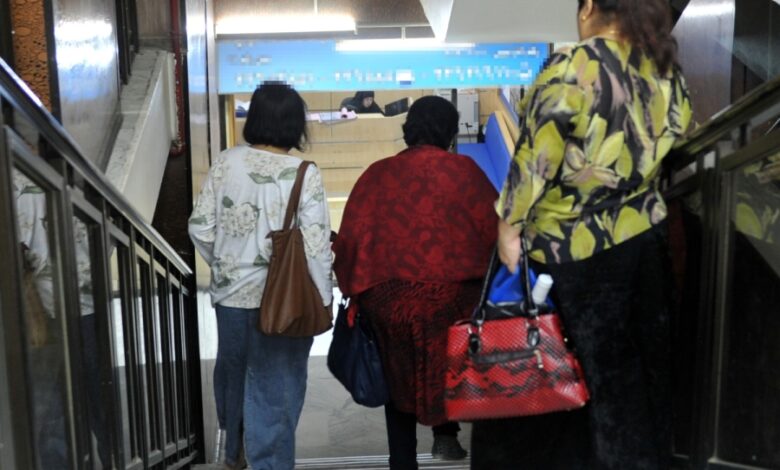Shift in domestic labor market: Rise of Nepalese seen as Filipinos exit sector
One of the most striking findings is the steep decline in Indian male workers within the domestic labor sector. Their numbers fell by over 35,000, dropping from 248,000 in March 2024 to 212,000 in March 2025.

Kuwait’s domestic labor market has experienced notable transformations over the past year, according to the latest report from the Central Statistical Bureau.
The data shows a marked decline in the number of Filipino domestic workers, with approximately 25% — or 44,085 persons — leaving the sector between March 2024 and March 2025.
This sharp drop, according to Al-Rai daily, is paralleled by a significant influx of workers from alternative labor-supplying countries, most notably Nepal and Sri Lanka.
The number of Nepalese domestic workers grew by 61%, with approximately 21,000 new entrants recorded over the past year. Sri Lankan workers also saw a marked increase, with 14,000 joining the domestic sector. These figures signal a growing trend in labor substitution as employers diversify sources of household labor.
Other nationalities have also seen increases. The report notes a doubling of female domestic workers from Mali and a sharp rise in those from Benin, with an increase of 3,737 workers. These trends highlight a shift toward African labor markets in response to changing supply and demand dynamics in the region.
One of the most striking findings is the steep decline in Indian male workers within the domestic labor sector. Their numbers fell by over 35,000, dropping from 248,000 in March 2024 to 212,000 in March 2025.
Meanwhile, Sudanese workers — primarily men — have newly entered the top 10 nationalities working in the domestic (family) sector, totaling 1,353 individuals. Conversely, Pakistani workers dropped out of this ranking, reflecting broader regional shifts in labor sourcing.
These changes underscore a transformation in household employment preferences and availability, influenced by bilateral agreements, visa policies, and evolving labor market demands.












